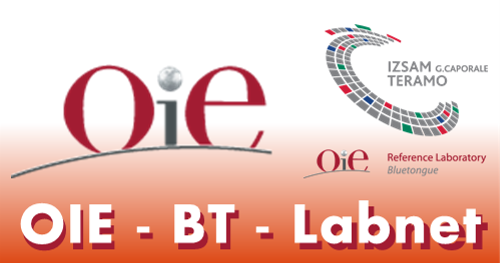Publication type:
Bibliography Partner:
Journal:
Status:
Year:
Reference:
Data description:
Keywords:
Full Publication:
Abstract:
Theileriosis of small ruminants in the northwest of China is a protozoan disease that restricts the development of the livestock industry. The disease is caused by infection with Theileria uilenbergi and Theilerialuwenshuni, both of which are transmitted by ixodid Heamaphysalis ticks. The development of serological tools as a means of integrated control of the disease is an urgent and important requirement. Here we describe the identification and partial recombinant expression of a T.uilenbergi immunodominant protein (TuIP), which was identified by immunoscreening of a merozoite cDNA library. Using the recombinant TuIP (rTuIP), a novel indirect ELISA was established using 329 negative serum samples to determine the cut-off value. The internal quality control revealed satisfactory stability and repeatability of the assay. Preliminary validation using 128 positive and 48 negative reference samples demonstrated that the rTuIP ELISA is able to detect T. uilenbergi infection with high sensitivity and specificity. No cross-reactivity was found in sera from animals infected with Theileria lestoquardi, Babesia sp. China or Anaplasma ovis. Furthermore, circulating antibodies were detected in sera collected from endemic regions in China. Analyses of the antibody responses of experimentally infected animals demonstrated that tick infestation resulted in a sharply rising and stronger production of specific antibodies against TuIP while inoculation with infected blood induced an earlier production of TuIP-specific antibodies. The persistence of the TuIP-specific antibodies lasted more than 100days p.i. These data indicate the usefulness of the TuIP antigen for the development of diagnostic methods and as a potential candidate for vaccine design.





